"Culture:Our Identity, Our Story"
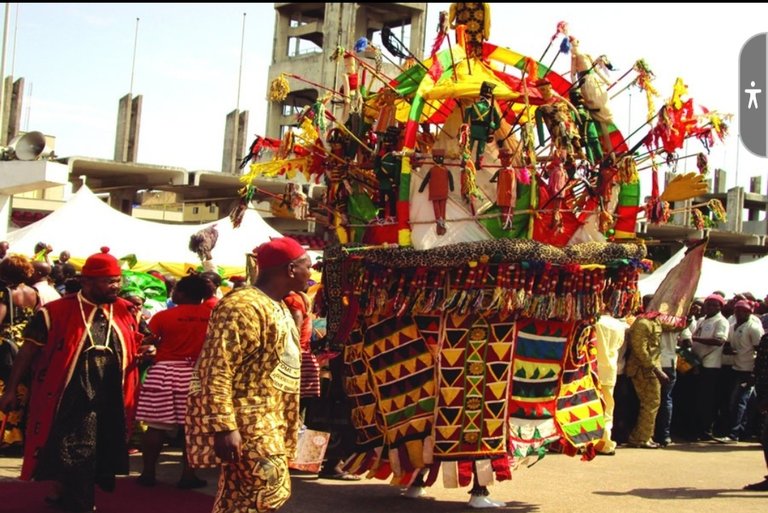
From my perspective, culture is a trademark of a set of people; good or bad habits formed over time can become a part of an individual's or group's life pattern, hence a culture. For example, if an organisation terminates or promotes employees after the annual performance evaluation exercise and continues with that for years, it automatically becomes a culture. In another sphere, if a family frequently goes on vacation every year, it automatically becomes a culture for the family.
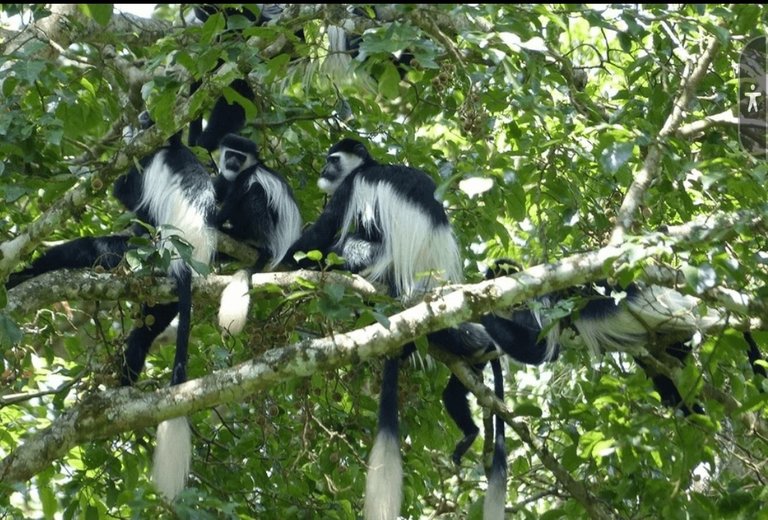
Our culture/Identity
I am from southeastern Nigeria. In my hometown, snakes and monkeys are sacred beings. They are not killed, and when they are mistakenly killed, the chief priest is called to do some sanctifications and sacrifices.
During one of my sister's traditional marriages, a big snake entered our compound and was not seen on time. However, amid the event in the morning, it was sighted under one of the trampolines meant for canopies. The boy who went to pick up the canopy shouted, and his friends, being our visitors, gathered to kill the snake. The elders around beckoned to them while referring to the snake as their ancestors. In their own words, “their ancestors (akanwanoche) have come to say welcome to the visitors and guide the event for the day”. However, my dad pleaded with them to send the snake away from the compound. To the amazement of the visitors, the elders requested kolanut and dry gin. Money was given to them, and the items were purchased. They approached the snake and, with poetry and Oja (a hornlike musical instrument), blew a breeze to the snake, who gently followed them to the forest.
It is also believed that monkeys helped our hometown during a fight with a neighbouring village. The fight resulted in the pursuit of landmark issues. The monkeys they found in the bush revealed the path of the enemies. At the same time, they cleverly misled the enemies, turning the tide of the battle in favour of our hometown. As a result of their unexpected help, the villagers returned victorious and made a law never to harm or kill the monkeys. From that day forward, they were to be reared and protected in honour of their role in the victory. If mistakenly killed, the family will perform the normal funeral rites for the monkey.
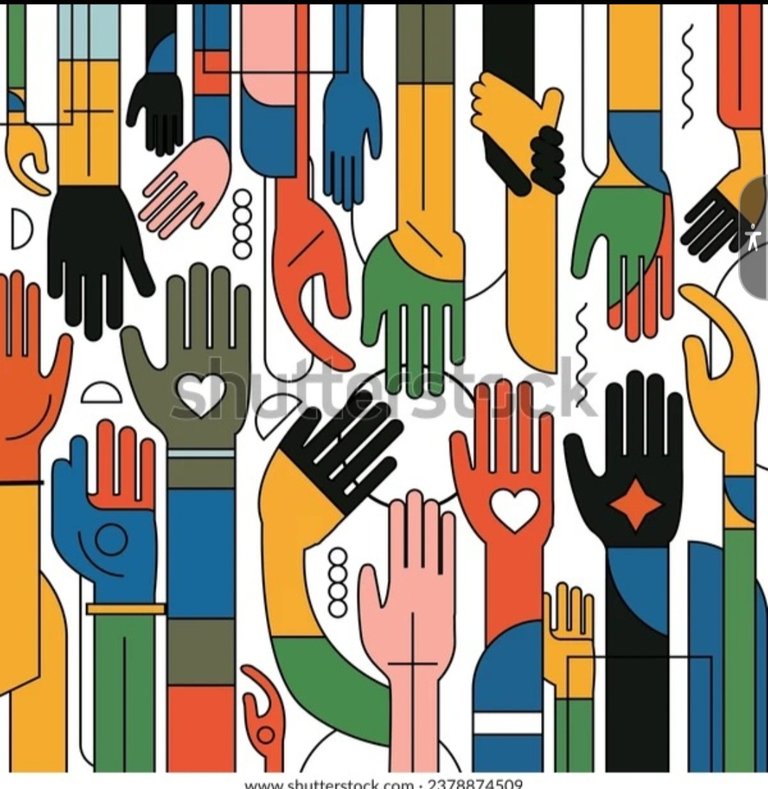
My Culture/my identity
As an individual, I practice a culture of diversity, equality and inclusion. Growing up with my parents, we lived with people from different tribes in Nigeria. At some point while growing up, we lived with a boy who had a hearing impairment, that boy's disability, nurtured my writing skills because I did a lot of discussion with him through writing. My Mum, who was an industrial tailor, sewed uniforms for schools, church choristers, and companies. That gave me a lot of exposure to Tom, Dick and Harry because she would always take me along for the delivery as the lastborn of the house. I grew up with the culture of meeting people and accepting them irrespective of their colour, race or language. As an HR professional, I made diversity, equality and inclusion core principles during recruitment activities. I had hired employees from different tribes irrespective of their colour, race or language. I easily blend with people and do not segregate. Additionally, we have a culture of observing our morning and night devotion every day before embarking on our daily endeavours or retiring to bed at night.
In my country, Nigeria, we have over 370 tribes with 3 dominant ones: Igbo, Yoruba and Hausa. These tribes have dynamic cultures embedded in their religion and spiritual beliefs, their language, family and kingship systems, traditional dressing, festivals, artistry and chieftaincy
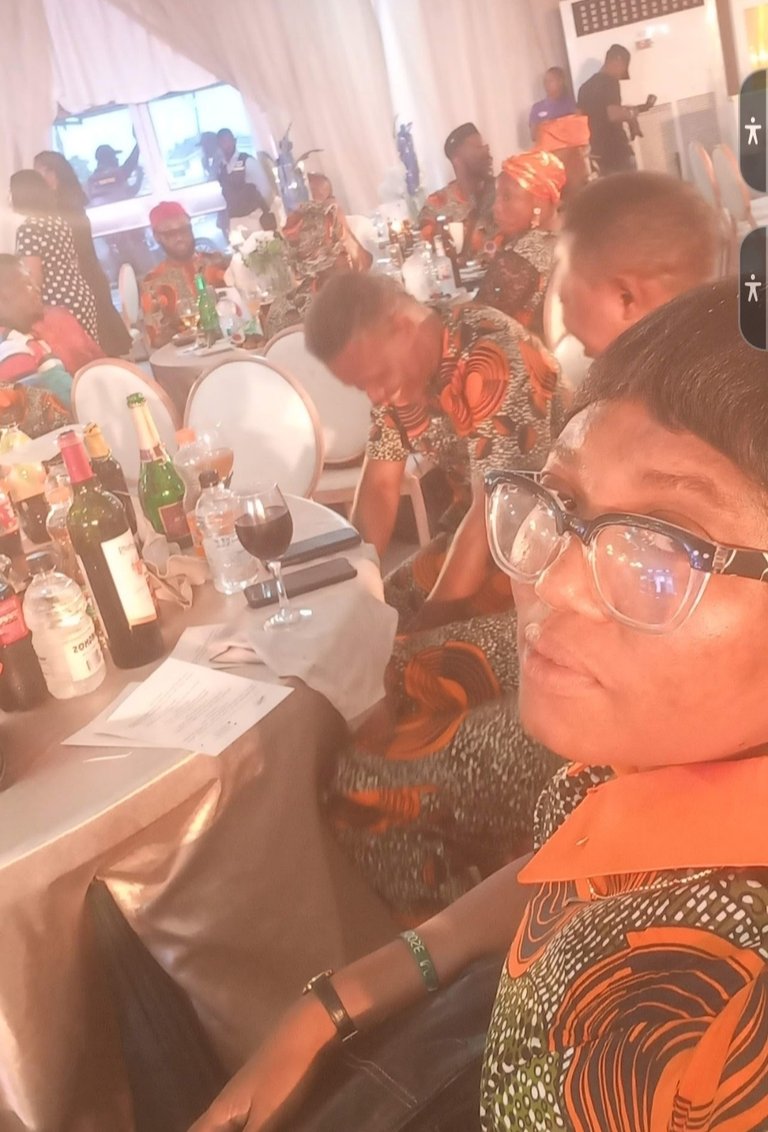
Yoruba Culture
The Yorubas are well known for their Aso-Ebi culture (group uniform dressing), the talking drums (Gangan), which is rhythmic and deeply spiritual, used in events. Again, they have the artistry of praise poetry used to evoke power and history. They have rich festivals such as the Egungun (masquerade) and the chieftaincy parades. They also have a culture of prostrating to greet their elders.
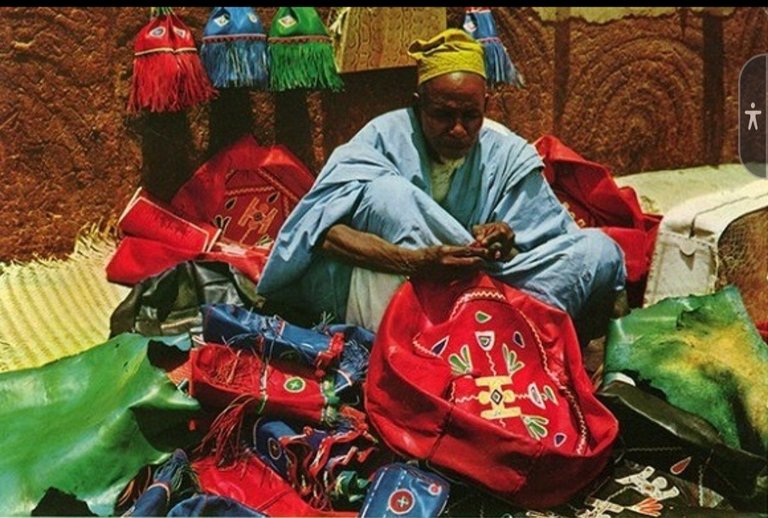
Hausa Culture
The Hausas have a rich culture of craft and trade, which includes dyeing, embroidery and leatherwork. Their emirate system is characterised by organised hierarchy, strong Islamic judicial identity and royalty. They also have food cuisines such as Tuwo Shinkafa, Suya, Fura da Nono, etc. The Hausas also have a rich praise poetry for ceremonies and storytelling.
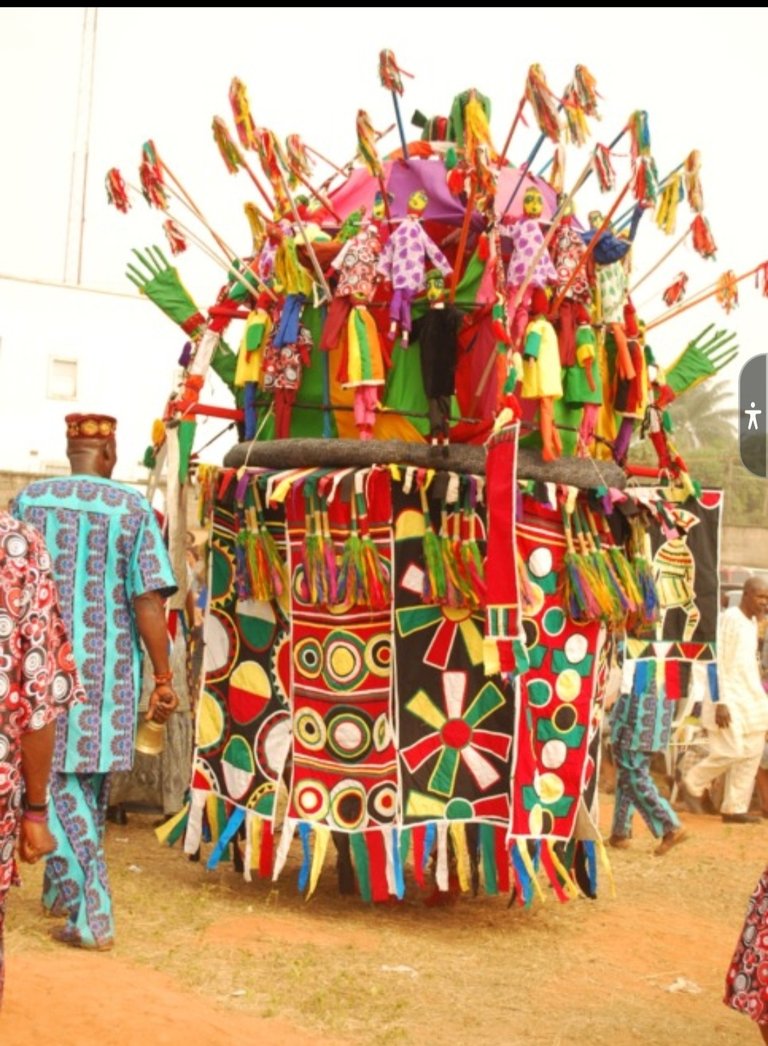
Igbo Culture:
Igbos are known for their rich food cuisine, such as Ofe Nsala (white soup), Ofe Onugbu (Butterleaf soup), Abacha (African Salad), Okpa, etc. They also have a rich culture of marriage and traditional events such as the Igba Nkwu nwanyi (traditional marriage). They have a culture of trading and entrepreneurship, such as the apprentice system. Here, a boy stays with his boss and learns a particular trade for an agreed number of years, after which he is settled to start his own business. There is also the rich culture of the age-grade system and chieftaincy title. It is seen as a popular culture predominant among the Igbos. The Igbos also have a rich traditional masquerade dance and the traditional belief system around Chi (personal Gods).
Unarguably, one culture I would love to imbibe, and practice is the Yoruba style of greeting. Though it is not originally mine. The sight is surreal when you behold the greeting from a sincere heart, especially when you see the younger ones, including celebrities like Davido, Wizkid, prostrating to elders. It simply exhumes respect, humility and lasting memories. It also expresses values and impacts that I strongly believe Africa and the world at large need. Such actions of respect remind me of the strength in honouring others.
Friends, and amazing, #Hivians, and #scifimultiverse I welcome your thoughts and comments
Images are AI sourced

Congratulations @cagolistic! You have completed the following achievement on the Hive blockchain And have been rewarded with New badge(s)
Your next target is to reach 100 comments.
You can view your badges on your board and compare yourself to others in the Ranking
If you no longer want to receive notifications, reply to this comment with the word
STOPCheck out our last posts:
One thing that really caught my attention about your culture is the belief that a snake shouldn't be killed... It's amazing how such deep traditional beliefs still exist in today’s world, a world that is fast becoming modern and overly civilized.
Yet, despite all the changes, people still hold on to these cultural values, practice them with pride, and respect them like sacred laws. That alone shows how strong and rooted culture is in the hearts of the people.
Indeed, culture is something worth cherishing and celebrating. It makes people unique, and honestly, that kind of belief and loyalty is something I deeply admire. 😊
@cagolistic the above image is from an online source that is not a free site, do well to always source your images properly. I have my doubts about the images you claim to be AI generated too.
@offia66 for the benefit of doubt and clarity, kindly find attached the AI link used to generate the pictures
https://chatgpt.com/c/688939c9-6934-8000-9e13-3ea7eb664b6f
So you are telling me chatgpt generated a picture with Shutterstock watermark??
@cagolistic explain to me how that is possible.
View more
Kudos... Your reflections on diversity, inclusion, and embracing other cultures really resonated with me. I also appreciate the detailed breakdown of the major Nigerian tribes and their rich traditions.